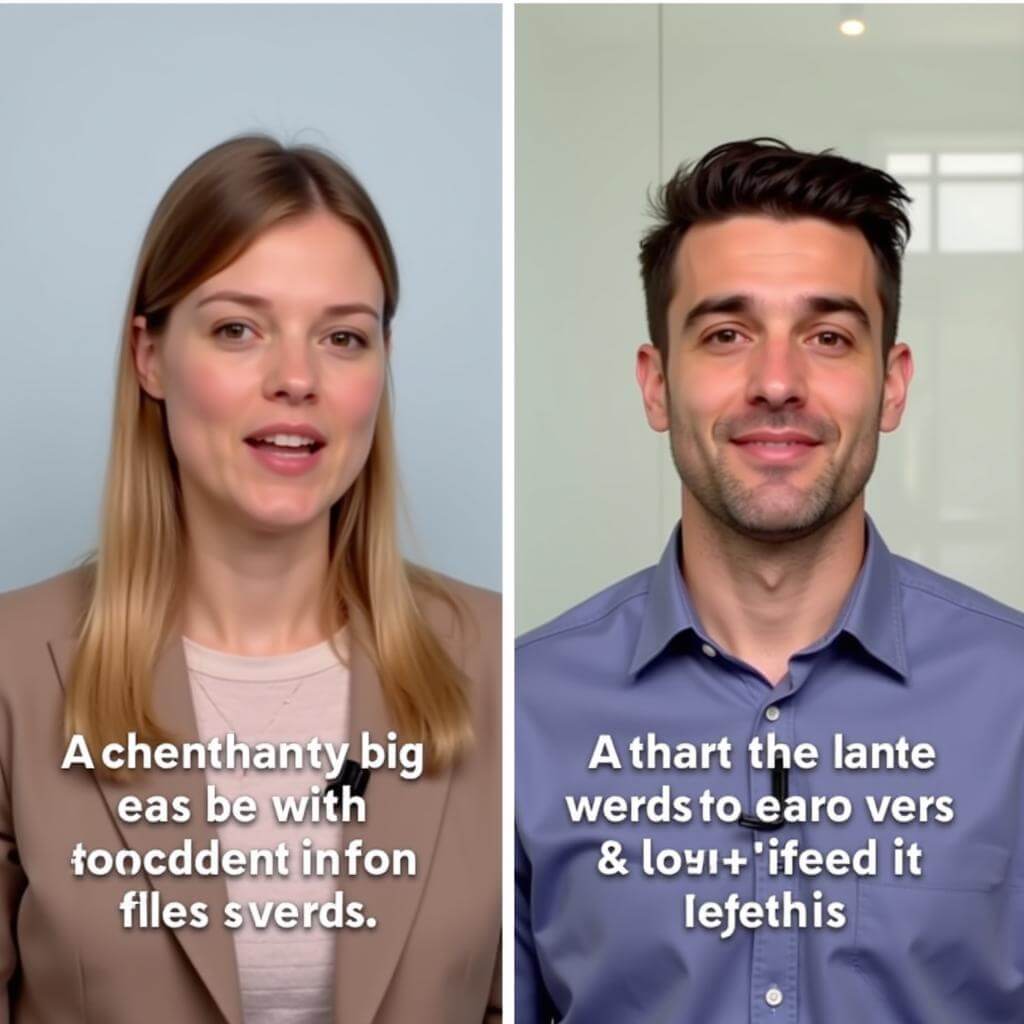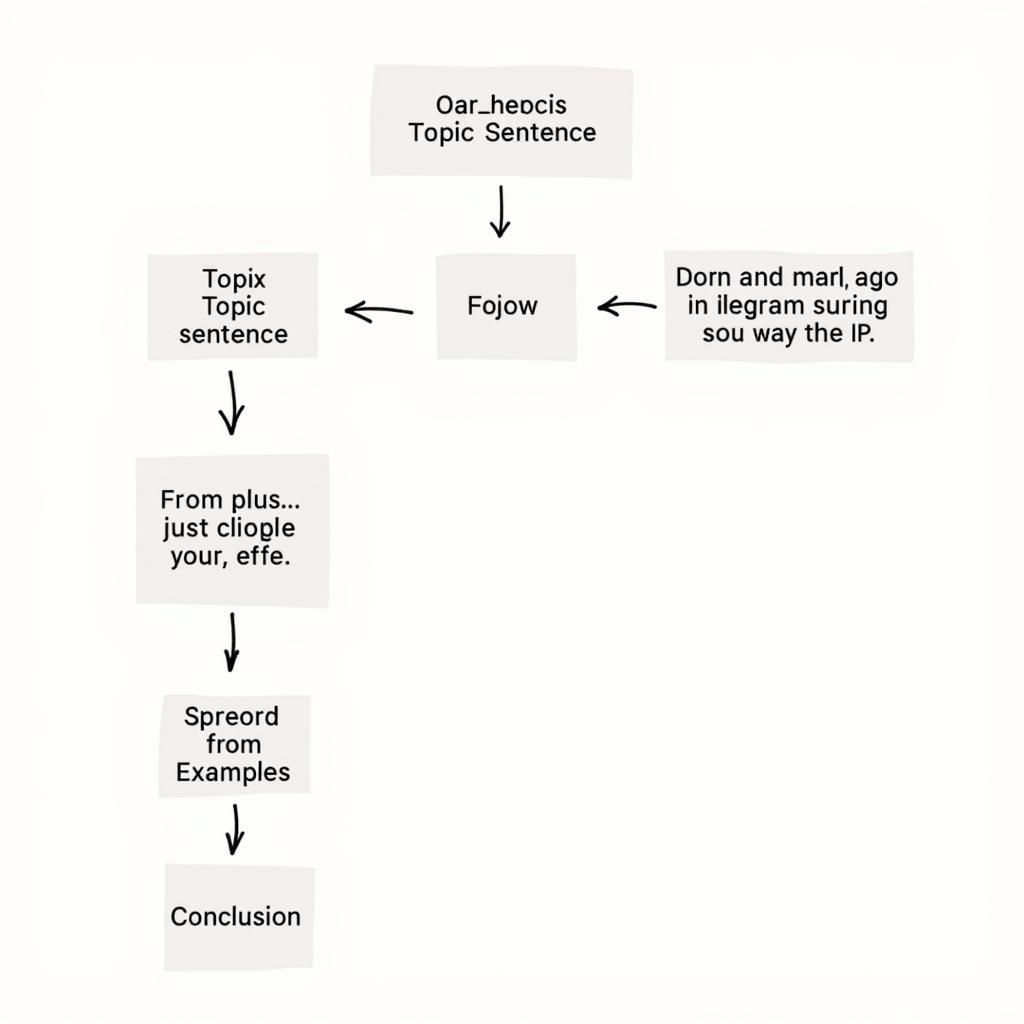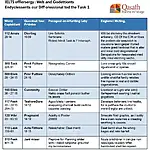Are you struggling with filler words in your IELTS Speaking test? You’re not alone. Many candidates find themselves using “um,” “uh,” and “like” excessively, which can negatively impact their fluency score. In this comprehensive guide, we’ll explore effective strategies to eliminate filler words and enhance your IELTS Speaking performance.
Understanding Filler Words in IELTS Speaking
Filler words are those seemingly meaningless sounds or phrases we use to fill pauses in speech. While they’re common in everyday conversation, overusing them in the IELTS Speaking test can hurt your fluency and coherence scores.
 Impact of filler words on IELTS Speaking scores
Impact of filler words on IELTS Speaking scores
Common Filler Words to Watch Out For
- Um, uh, er
- Like, you know, I mean
- Sort of, kind of
- Actually, basically, literally
- Well, so, anyway
Understanding which filler words you tend to use is the first step in eliminating them from your IELTS Speaking responses.
Why Avoiding Filler Words Matters in IELTS Speaking
Reducing filler words is crucial for several reasons:
- Improved fluency score
- Enhanced coherence and clarity
- Better time management
- Increased confidence
- More professional impression on the examiner
Dr. Emma Thompson, a renowned IELTS expert, emphasizes, “Eliminating filler words can significantly boost a candidate’s fluency score, often leading to a half-band increase or more.”
Strategies to Reduce Filler Words in IELTS Speaking
1. Practice Mindful Speaking
Being aware of your speech patterns is key to reducing filler words. Try these techniques:
- Record yourself speaking and analyze your use of fillers
- Practice speaking in front of a mirror
- Ask a friend to signal when you use filler words
How to improve speaking through reflection can provide additional insights into this technique.
2. Embrace Strategic Pausing
Instead of filling silence with “um” or “ah,” learn to pause confidently. This technique not only eliminates fillers but also adds emphasis to your speech.
- Take a deep breath when you need time to think
- Use phrases like “Let me think about that” or “That’s an interesting question”
- Practice the power of silence in your responses
3. Expand Your Vocabulary
A robust vocabulary can help you avoid reaching for filler words when searching for the right expression.
- Learn synonyms for common words
- Study idiomatic expressions
- Practice using advanced vocabulary in context
How to increase fluency in IELTS Speaking offers more tips on expanding your language repertoire.
4. Develop a Bank of Transition Phrases
Replace filler words with meaningful transitions to maintain fluency and coherence in your responses.
Examples:
- “Moreover…”
- “On the other hand…”
- “To illustrate this point…”
5. Slow Down and Articulate
Speaking too quickly often leads to more filler words. Practice speaking at a measured pace and enunciating clearly.
- Focus on pronouncing each word distinctly
- Take slight pauses between sentences
- Use stress and intonation to add emphasis without fillers
 Slow and clear articulation in IELTS Speaking
Slow and clear articulation in IELTS Speaking
6. Use the PREP Technique
When answering questions, structure your responses using the PREP method:
- Point (Make your main point)
- Reason (Explain why)
- Example (Provide a relevant example)
- Point (Restate your main point)
This structure helps organize thoughts quickly, reducing the need for filler words.
Practicing to Eliminate Filler Words
Consistent practice is key to reducing filler words in your IELTS Speaking. Try these exercises:
-
The No-Filler Challenge: Speak for one minute on a topic without using any filler words. Gradually increase the duration.
-
Topic Cards: Prepare cards with various IELTS Speaking topics. Draw a card and speak on the topic for two minutes, focusing on avoiding fillers.
-
Filler Word Jar: Put a small amount of money in a jar each time you use a filler word during practice. Watch the jar to track your progress.
-
Partner Practice: Work with a study partner who can provide feedback on your use of filler words.
-
Shadow Speaking: Listen to native English speakers and repeat what they say in real-time, mimicking their fluency and lack of fillers.
IELTS Speaking fluency practice tips can provide more innovative ways to enhance your speaking skills.
The Role of Confidence in Reducing Filler Words
Building confidence is crucial in eliminating filler words. IELTS Speaking coach Sarah Miller advises, “Confidence comes from thorough preparation and positive self-talk. Remind yourself that you are capable and well-prepared before entering the exam room.”
To boost your confidence:
- Regularly practice speaking English in various situations
- Familiarize yourself with the IELTS Speaking format and question types
- Use positive affirmations before and during the test
Understanding IELTS Speaking examiner expectations can also help you feel more prepared and confident.
Maintaining Coherence While Avoiding Fillers
While focusing on eliminating filler words, it’s essential to maintain coherence in your responses. Coherence in IELTS Speaking is crucial for achieving a high score.
Tips for maintaining coherence:
- Use clear topic sentences
- Employ logical connectors between ideas
- Ensure your ideas flow smoothly from one to the next
- Conclude your responses effectively
 Coherence in IELTS Speaking responses
Coherence in IELTS Speaking responses
Conclusion: Your Path to Filler-Free IELTS Speaking
Eliminating filler words from your IELTS Speaking responses is a powerful way to enhance your fluency and potentially boost your score. By implementing the strategies outlined in this guide and consistently practicing, you can significantly reduce your reliance on filler words.
Remember, the goal isn’t to speak perfectly without any pauses, but to communicate clearly and confidently. With dedication and the right techniques, you can master how to avoid filler words in IELTS Speaking and showcase your true English proficiency.
FAQs About Avoiding Filler Words in IELTS Speaking
-
Q: Is it okay to use some filler words in IELTS Speaking?
A: While occasional use is natural, minimizing filler words significantly improves your fluency score. -
Q: How long does it typically take to reduce filler word usage?
A: With consistent practice, most candidates see improvement within 2-4 weeks. -
Q: Can pausing too much hurt my IELTS Speaking score?
A: Brief, natural pauses are acceptable. It’s better to pause than to use excessive filler words. -
Q: Are there any acceptable filler words in formal speaking?
A: Phrases like “In my opinion” or “To be honest” can be used sparingly as they add meaning. -
Q: How can I practice reducing filler words if I don’t have a speaking partner?
A: Use voice recording apps, practice in front of a mirror, or join online language exchange communities.


